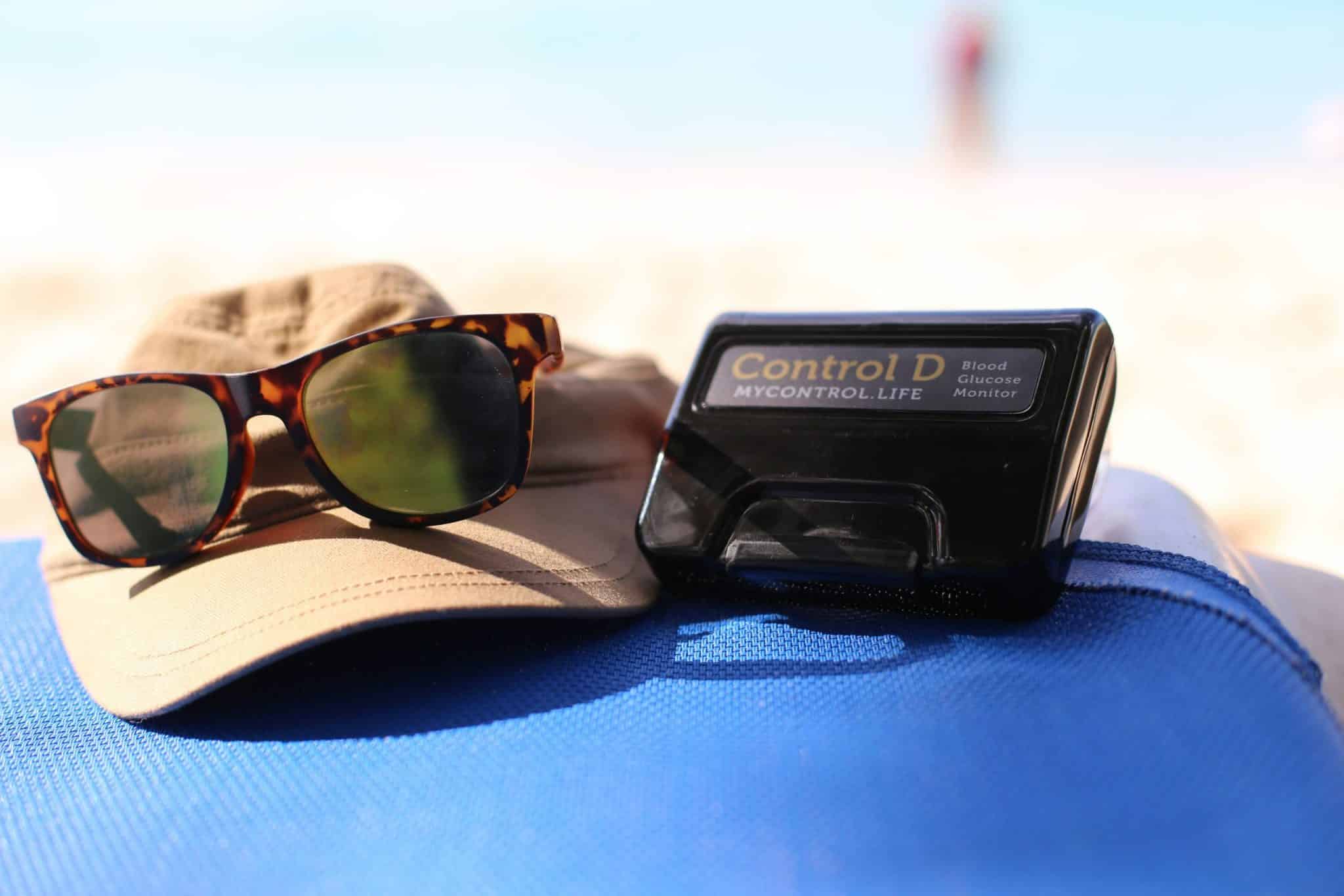Biometric Exam Proctoring: Stress Levels as Cheating Detectors
Exams are nerve-wracking enough without the added fear of being accused of cheating. Every student knows the feeling of sweaty palms, racing hearts, and buzzing brains during a test, making it easy for proctors to mistake normal stress for suspicious behavior. To alleviate this issue, many schools and universities are turning to biometric exam proctoring, a technology that uses various physiological measurements to detect signs of cheating. But how accurate is this method, and is it a reliable way to catch academic dishonesty? Let’s delve into the world of biometric exam proctoring and take a closer look at how stress levels can serve as cheating detectors.
The Rise of Biometric Exam Proctoring
With the rapid advancements in technology, traditional proctoring methods like in-person supervision, ID checks, and security cameras are becoming increasingly inadequate in preventing academic dishonesty. As a result, biometric exam proctoring has gained popularity as a more efficient and accurate alternative. This method involves collecting biometric data, such as heart rate, facial expressions, and eye movements, to determine a student’s level of stress during an exam. The idea is that if a student displays abnormal stress levels, they may be attempting to cheat.
The Science Behind Stress Levels as Cheating Detectors
While it may seem like a stretch, there is scientific evidence to support the use of stress levels as a cheating detector. The polygraph test, or the “lie detector,” has been used for decades in law enforcement to detect deception by measuring stress responses like heart rate, blood pressure, respiration, and skin conductivity. Similarly, biometric exam proctoring uses similar physiological measurements to detect when a student is undergoing a high level of stress, which could indicate cheating behavior.
Another study conducted by the University of Copenhagen found that students who were under a high level of pressure to perform well in their exams exhibited a higher level of stress hormones in their saliva. These hormones are known to impair cognitive function and increase the likelihood of making mistakes or engaging in risky behaviors, such as cheating. With this in mind, it is plausible that elevated stress levels during an exam could be an indication of cheating behavior.
The Real-Life Effectiveness of Biometric Exam Proctoring
Despite the promising science behind biometric exam proctoring, there are still concerns about its real-life effectiveness. Some argue that the technology is prone to false positives, mistakenly flagging students who are experiencing exam anxiety as cheaters. Moreover, it can be challenging to determine what level of stress is considered “normal” during an exam. Some students may naturally feel more stressed while taking tests, and it does not necessarily mean they are cheating.
Another concern is the privacy implications of collecting and storing biometric data. This technology raises questions about who has access to this information and how it can be used in the future. There have been instances of data breaches and misuse of this type of sensitive data, making it a valid concern among students and educators alike.
Should Biometric Exam Proctoring be the Go-To Solution?
The debate surrounding biometric exam proctoring as a reliable cheating detector is ongoing. While it may seem like an innovative solution to prevent academic dishonesty, there are still doubts about its precision and potential privacy violations. Additionally, this technology is relatively new, and there is not enough research to back up its effectiveness in preventing cheating.
Perhaps the root cause of the issue is the pressure to perform well on exams. If the education system places less emphasis on standardized testing and grades, students might not feel the same level of stress that could lead to cheating. It is essential to shift the focus to learning rather than just getting good grades, which could ultimately reduce the need for extreme measures like biometric exam proctoring.
The Bottom Line
While stress levels can serve as a potential cheating detector, biometric exam proctoring is not the perfect solution. It has its limitations and ethical concerns that need to be addressed. Furthermore, the stress of being constantly monitored could have negative impacts on students’ mental health. Instead of relying solely on technology, it might be worth exploring other methods of preventing academic dishonesty, such as open-book exams, project-based assessments, and creating a more supportive learning environment for students.
As we continue to navigate the ever-changing landscape of education technology, it is crucial to consider all perspectives and weigh the benefits against potential drawbacks. While biometric exam proctoring may have some potential, it is not without its flaws. As educators, our ultimate goal should be to create an environment where students can thrive without the fear of being falsely accused or monitored like criminals. After all, learning should be about growth, not just grades.









